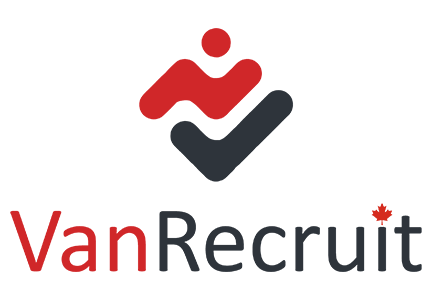Top Job Opportunities for MBA Graduates in Canada
If you have an MBA and want to work in Canada, you’ve come to the right place. There is a growing need for MBA graduates in Canada, which explains why there are so many job chances. Various entry-level employment are available in Canada. A few of occupations pay well enough to allow you to live comfortably while working your way up the corporate ladder. So, let’s take a look at what you’ll need to accomplish to land a job in this burgeoning area.
MBA graduates can find work in Canada.
Internships, human resources assistant positions, and consulting service roles are just a few of the entry level positions available to MBA graduates. MBA jobs pay an average of $6, 178 a month at the entry level.
Take a look at the table below to get a better idea of the employment prospects and salary ranges accessible to MBA graduates.
| Job Opportunities & Monthly Income Range for MBA Graduates (Entry Level to Experienced) | ||
| Occupation | Average monthly salary | |
| Consulting services agent | $3,096 – $7,876 | |
| Junior analyst | $3,900 – $5,491 | |
| Research associate | $4,363 – $7,086 | |
| Risk analyst | $4,956 – $9,012 | |
| Director | $5,379 – $12,500 | |
| Paid intern | $3,000 – $4,160 | |
| Requirements for the Canadian Experience Class(CEC) | |||
| Work Experience | Education | Language skill | Admissibility |
|
|
|
You must legally be allowed to enter Canada. |
For employment purposes, there are several work permit alternatives.
Sponsorship by a spouse from within Canada
So, what if you’re an MBA graduate seeking for job in Canada, but you’d like to bring your spouse with you? Canada appreciates families and wants to assist you in keeping yours intact as you make your way here.
Spousal Sponsorship is a scheme that allows you to sponsor your spouse or common-law partner to come to Canada and live with you.
If this sounds like a good choice for you, here’s how you can sponsor or be sponsored to come to Canada by your spouse:
You must meet the following requirements in order to sponsor your spouse or common-law partner:
- You must either be a Canadian citizen or you must be a long-term resident (PR)
- If you live in Canada, you must: Make plans to return to Canada after your spouse or partner is granted permanent residency.
- Are you able to financially support your spouse or partner for the next three years?
If you’re married and want to sponsor or be sponsored by your spouse, you’ll need to provide immigration officers the following documents:
- Questionnaire on Relationship Information and Sponsorship Evaluation Certificate of Marriage
- Wedding invitations and wedding images
- If you and your spouse have children, you should have birth certificates or adoption records.
- Proof of marriage registration with a government agency
In addition, at least two of the following documents must be presented:
- Copies of identity documents issued by the government (IDs)
- Bank accounts that are shared
- Evidence that you and your spouse jointly possess property
- Tax documents proving that you and your spouse share a residence.
If you’re in a common-law relationship and want to sponsor or be sponsored by your partner, you’ll need to provide immigration officers the following documents:
- Questionnaire on Relationship Information and Sponsorship Evaluation
- Photographs showing you and your partner in a conjugal or marriage-like relationship
- Any children you have with your partner should have birth certificates or adoption records.
- You must show proof that you and your partner have been together for at least one year.
Furthermore, you must present at least two of the following:
- Documents demonstrating that you and your partner are recognised as common-law partners (documents such as employment or insurance benefits)
- Proof of your and your partner’s shared costs, or:
- Proof of financial assistance (if only one partner is employed and assumes financial responsibility)
- Evidence indicating your family and friends are aware of your relationship (emails, letters, social media counts as proof)
Because family is so important in Canada, the Spousal Sponsorship Program allows you to make it easier for your family to visit and join you here.
The Bridging Open Work Permit
There will almost certainly be a waiting time if you are working in Canada on a temporary work permit and have filed for permanent immigration. But don’t worry; you’ll be able to stay in Canada while you wait:
While you wait for the outcome of your permanent residence application, the Bridging Open Work Permit permits you to continue working in Canada.
Who can apply for a Bridging Open Work permit?
If you applied to one of the following permanent residency programmes, you are eligible for the Bridging Open Work permit:
- Permanent residence through an Express Entry program
- Provincial Nominee Program (PNP)
- Caring for Children Class or:
- Caring for People with High Medical Needs Class
- Home Child-Care Provider Pilot or Home Support Work Pilot Program
- Agri-Food Pilot Program
That’s all there is to it. These numerous work permit alternatives allow you to take advantage of some of Canada’s best MBA career prospects in the method that best suits you.

